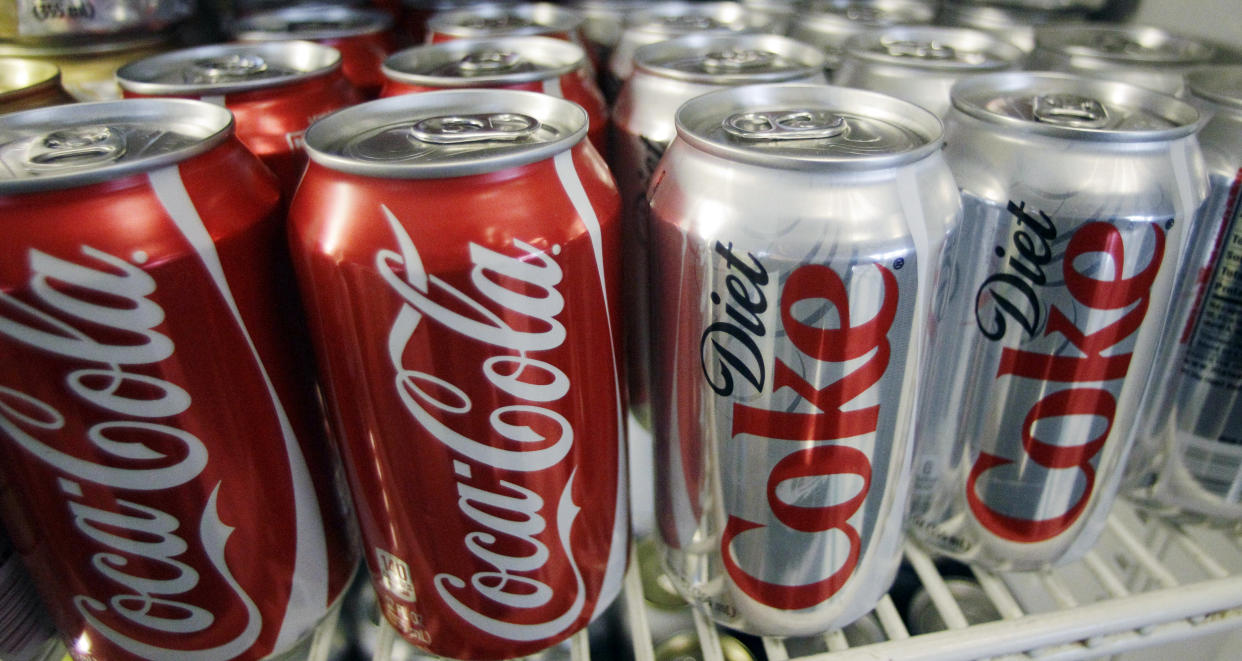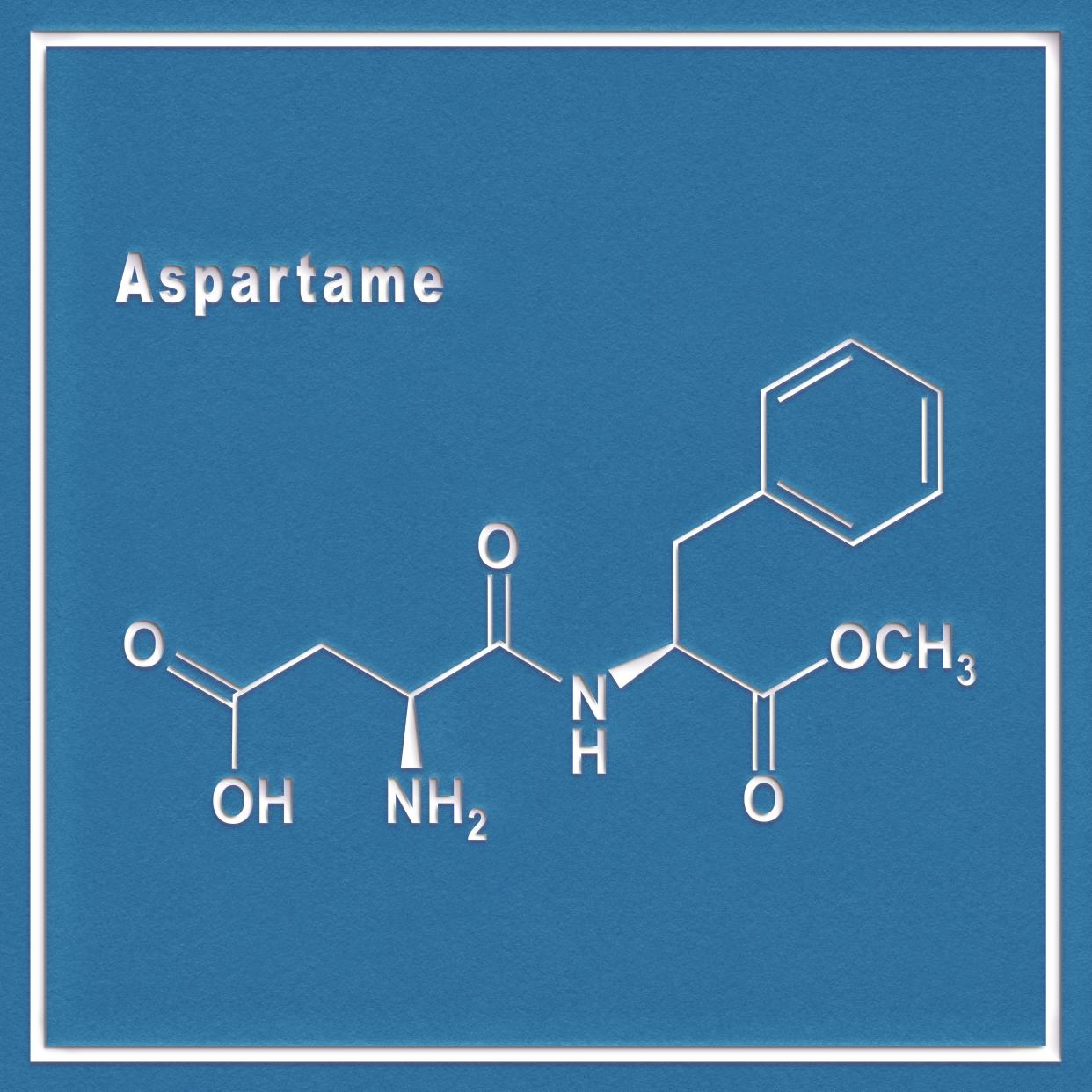What does drinking Diet Coke do to your body?

Diet Coke has been put in the spotlight following concern that one of its ingredients - aspartame - was potentially carcinogenic.
However, two weeks after possible concerns were first raised, the World Heath Organization has now declared the fizzy drink to be safe - provided people do not drink more than 14 cans per day, thereby keeping the amount of artificial sweetener aspartame consumed to a lower level.
“We’re not advising consumers to stop consuming (aspartame) altogether. We’re just advising a bit of moderation,” WHO director nutrition and food safety Dr Francesco Branca said.
“The assessments of aspartame have indicated that, while safety is not a major concern at the doses which are commonly used, potential effects have been described that need to be investigated by more and better studies.”
Is there a 'healthiest' sugar substitute? What to know after WHO's aspartame announcement (USA Today)
The findings have come as something of a relief to those who guzzle diet soft drinks regularly, as the guidelines for aspartame depend on bodyweight.
"There is still limited evidence of a carcinogenic effect in humans, and aspartame was only shown to be cancer-causing when rats were given 200 times the dose that a human would drink," nutritional therapist Farzanah Nasser told Marie Claire.
"The Joint FAO/WHO Expert Committee on Food Additives (JEFCA) have also reported that a 60kg adult would need twelve to 36 cans of diet coke every day to be at risk of cancer from aspartame consumption."
How fizzy diet drinks affect the body
While the WHO has suggested that more research is needed, the potential carcinogenic link with aspartame is not the only concern about the chemicals in diet drinks.

According to Penn Medicine: "There have been countless studies performed that all link diet soda to an increased risk of heart problems including congestive heart failure, heart disease, and/or heart attacks.
"The main culprit? Once again, it’s artificial sweeteners including aspartame. Other health conditions that can be developed from the consumption of diet soda like weight gain, increased blood sugar levels, and diabetes can also contribute to heart problems."
In addition, the American Heart Association published a study in 2019 that suggested consumption of diet drinks in post-menopausal women increased the likelihood of stroke caused by a blood clot.
“Many well-meaning people, especially those who are overweight or obese, drink low-calorie sweetened drinks to cut calories in their diet' said the study's lead author Yasmin Mossavar-Rahmani, an associate professor of clinical epidemiology and population health at the Albert Einstein College of Medicine in the Bronx, New York.
"Our research and other observational studies have shown that artificially sweetened beverages may not be harmless and high consumption is associated with a higher risk of stroke and heart disease.
However, she added: "We don’t know specifically what types of artificially sweetened beverages they were consuming, so we don’t know which artificial sweeteners may be harmful and which may be harmless."

And while many of the health effects are either non-specific or require greater research, people consuming diet drinks in order to avoid their more fattening counterparts may also be in for disappointing news.
A study published in 2021 on the JAMA Network, titled Obesity and Sex-Related Associations With Differential Effects of Sucralose vs Sucrose on Appetite and Reward Processing, found that women who were overweight saw an increase in appetite after drinking diet drinks.
"We found that females and people with obesity had greater brain reward activity" after drinking artificial sweetener, study author Katie Page, of the University of Southern California, said.
Indeed, WHO also said earlier this year that non-sugar sweeteners (NSS) were not actually beneficial in weight loss.
"NSS are not essential dietary factors and have no nutritional value," said Branca. "People should reduce the sweetness of the diet altogether, starting early in life, to improve their health."
Yahoo News has approached Coca-Cola for a comment.


